Technical writing is a great way to make a living as a writer if you love learning and teaching (and making money).
As of April 2021, the U.S. Bureau of Labor Statistics expects the number of technical writer jobs to grow at a better-than-average 7% by 2029.
In other words: The job opportunities for copywriters and freelance writers in the technical writing space are going to be huge.
So let’s take a deep dive to see whether a career as a technical writer is right for you.
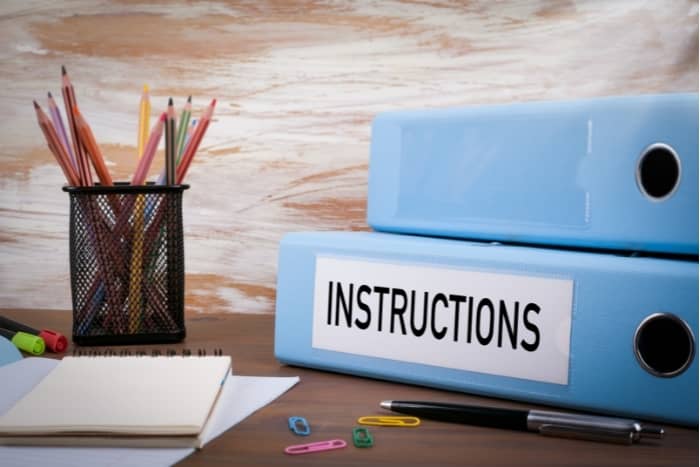
What Is Technical Writing?
Technical writing is a form of business writing where the writer’s goal is to describe technical information in the most precise way possible.
But writers can’t achieve this with words only. It often includes using other aspects of technical communication, such as images, graphs, and video.
Most industries need technical writers, but what does that mean for you?
What Does a Technical Writer Do?
A professional technical writer makes complex information understandable for a given audience.
Specifically, that means taking a complex concept and presenting it so that readers — who are not always subject matter experts — will understand.
This is not an underhanded way of saying “dumbing down.” Technical writing can be very complex, as this paper shows.
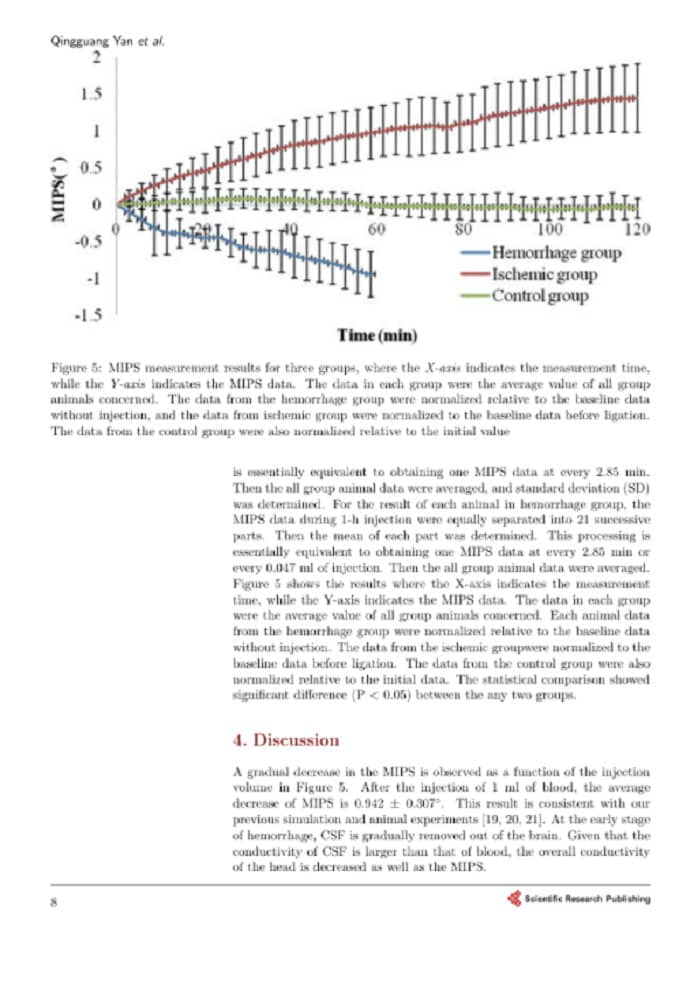
It’s the technical writer’s job to produce the documentation with the right language level for the reader.
What Are the Basic Principles of Technical Writing?
To be effective, tech writers adhere to certain principles to produce the right level of technical communication.
Audience
Technical writers explain the same complex subject differently depending on audience analysis.
Take rocket engines, for example.
A technical writer uses distinct language when writing for rocket scientists, executives who want to invest, or high school students in their first science class.
Rocket scientists require technical jargon, while executives and students don’t.
Writing for the wrong target audience destroys the effectiveness of technical writing.
Purpose
The format of the technical documentation depends on its purpose.
If the technical document is for troubleshooting or to explain a procedure, it needs step-by-step instructions.
If the goal is to explain a concept, the document requires examples, pictures, and diagrams. All of which must be laid out logically.
Content

How much technical content should the document include?
Technical writers need critical thinking skills to determine what to keep and what to leave out.
The audience and the purpose drive the technical content and document structure.
General information should appear at the beginning of the documentation. It allows people less familiar with the concepts to gain an understanding.
Then, as the document progresses, the information can shift to speak to a more knowledgeable audience.
The Writing
Technical writing is formal, neutral, and timeless.
But, let’s be honest…
Most technical writing can be pretty dull.
There’s often a misguided impression that formal means “boring and hard to read.”
If the content is hard to read, that defeats the purpose. A skilled technical writer can write in a manner that is not only neutral and formal but also engaging.
Design and Layout
Design plays an essential part in technical understanding.
As a technical writer, you understand some fundamental elements of design.
Often, a company already has templates for various types of technical documents. But if templates are not available, then tech writers need to develop a new template using appropriate design principles.
Microsoft Word templates (like the one below) can provide some ideas.
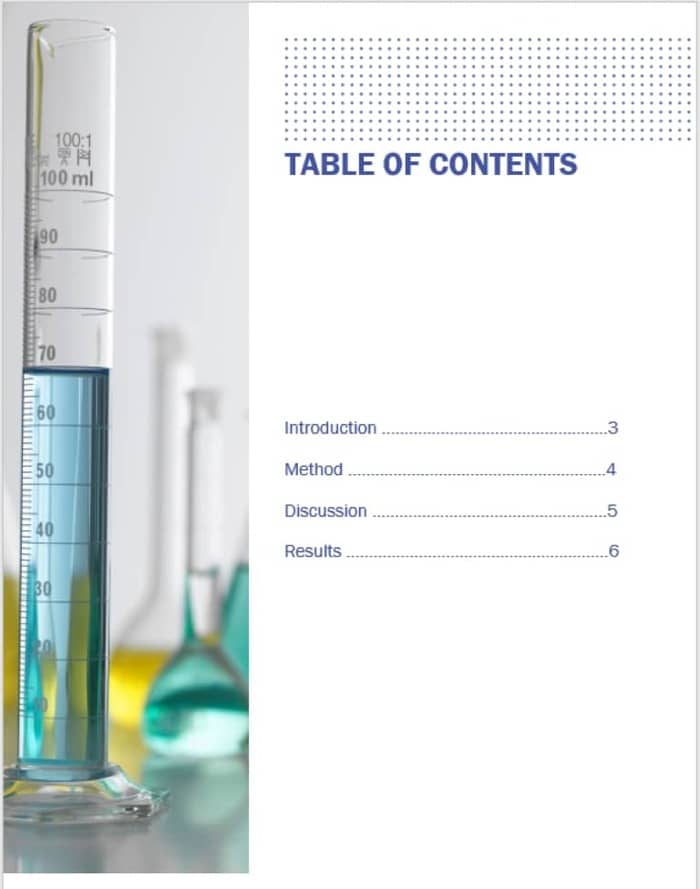
What Are Some Examples of Technical Writing?
We associate technical information with industries such as:
- Aerospace
- Automobile
- Computing
- Consumer electronics
- Defense
- Engineering
- Heavy machinery
- Manufacturing
- Medical
But really, almost any industry needs technical writing.
As long as there’s a need to explain a complex topic in plain language, there is a need for tech writers.
You can find technical writing jobs in these industries:
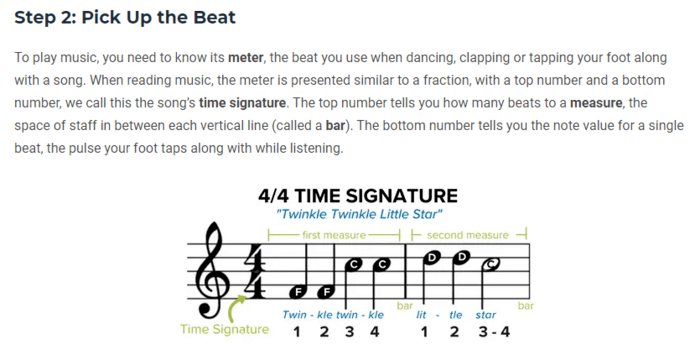
Technical writers produce documentation in many forms.
Some familiar ones are:
- Software guides
- Case studies
- Engineering documents
- Installation guides
- Instruction manuals
- Knowledge base articles
- Medical papers
- Presentations
- Product documentation
- Reports
- Scientific papers
- Specification guides
- Technical books and articles
- Training manuals
- User guides and manuals
- White papers
- Workflow and procedure manuals
The following examples are less obvious but are also considered technical writing:
- Assembly guidelines (think IKEA)
- Employment guides for new hires
- End-user license agreements (you know, those things you never read!)
- Executive summaries
- FAQs
- Help files
- Infographics
- Legal notices
- Musical notation
- Newsletters
- Quick start guides
- Video tutorials and webinars
- And more!
For example, take this infographic from Smart Blogger:
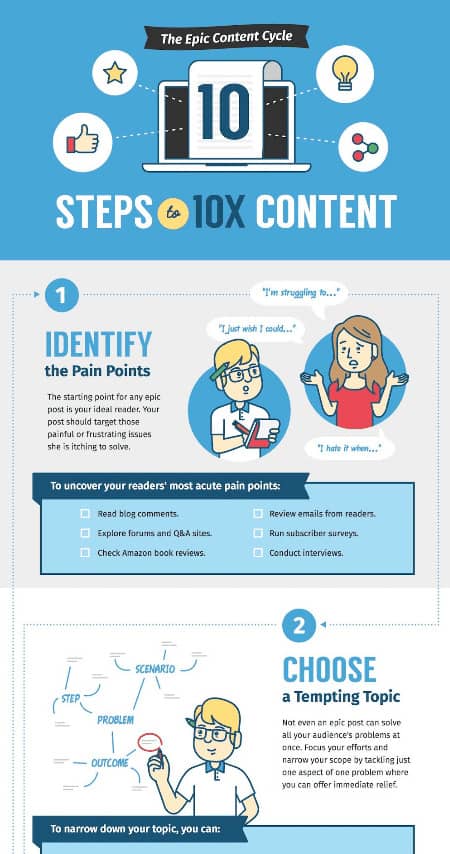
Notice how it condenses the important information in one visual representation.
As the business environment changes, so will the communication channels and the various forms of technical writing.
These changes make technical writers an essential part of a company’s success.
How Do You Become a Technical Writer?

Although you don’t need a specific degree or years of experience to get started as a technical writer, having a writing background along with some education or experience in the field you plan on writing for certainly helps.
Good technical writing requires many of the same skills that journalists use, giving someone with a journalism background an advantage.
Journalists learn to put the most important information first, and they also know how to keep a neutral tone. And these are excellent traits for technical writing.
If you don’t have an English or journalism degree, all is not lost.
You can find many technical writing certifications, such as:
- Certified Professional Technical Communicator (CPTC) from the Society for Technical Communication
- Medical Writer Certified from the American Medical Writers Association
- Certificate in Professional Technical Writing from the University of Washington
- Certificate in Technical Writing from Dalhousie University
- Companies such as LinkedIn, Udemy, or Coursera offer online technical writing courses
These courses and certifications will give you a foundation to apply for technical writing jobs.
What Are Essential Technical Writing Skills?

While a degree isn’t necessary, some skills will help you become a successful technical writer.
Writing: A good technical writer must write clearly. If you’ve never taken writing courses, take some now.
Design: Don’t limit yourself to writing. Learn the fundamentals of document design.
The way you present information can have a significant impact on how well the audience understands it.
Curiosity: A technical writer has to be curious and willing to keep learning.
Even though you don’t need a technical writing certificate, it is an advantage to have a background in the industry for which you want to write.
If you don’t have an industry background, then you must be willing to learn as much as you can about the topic.
Researching: Develop your research skills to distinguish yourself from other tech writers.
Look beyond the first page of Google to find details that run-of-the-mill writers won’t find.
Interviewing: Technical writers speak directly to the people who have created a product or service. Those subject matter experts (SMEs) are the source of information.
Technical writers use interviews to get as much information as possible from SMEs to produce stellar content.
Listening: This is the flip side of interviewing.
Active listening will help you clarify answers and identify required follow-up questions.
Critical thinking: You need critical thinking to know when you have all the necessary information.
It’s infuriating to end-users when important information is missing from technical documentation.
Teamwork: Finally, technical writers need teamwork skills since they work alongside engineers, doctors, scientists, or other experts to produce technical documents.
Technical Writing Is Here to Stay
2023 has shown us that life is even more unpredictable than we thought.
Companies are scrambling to ramp up their processes so they can conduct business online.
This migration to the Web will cause an unprecedented speed of change in the next few years.
This change will require an ever-growing number of technical writers. Writers who are knowledgeable, savvy, and passionate.
If you like learning, teaching… and making money… that could be you!



